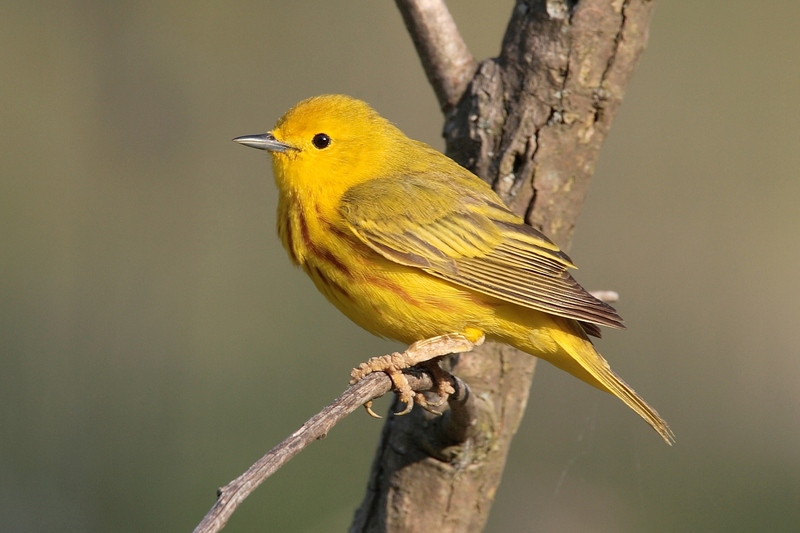ERROR : Server Busy(-1105)
ERROR : Server Busy(-1105)
Yellow Warbler (Dendroica petechia) - Wiki
Yellow Warbler
From Wikipedia, the free encyclopedia
[Photo] Yellow Warbler (Dendroica petechia) (aestiva group). Prince Edward Point National Wildlife Area, Ontario, Canada. Date: May 2007. Photo by Mdf | Permission is granted to copy, distribute and/or modify this document under the terms of the GNU Free Documentation License, Version 1.2 or any later version published by the Free Software Foundation; with no Invariant Sections, no Front-Cover Texts, and no Back-Cover Texts. A copy of the license is included in the section entitled "GNU Free Documentation License". |
The Yellow Warbler, Dendroica petechia, is a New World warbler. It is the most widespread Dendroica warbler, breeding in almost the whole of North America and down to northern South America.
Systematics and description
The Yellow Warbler has 35 subspecies, which can be divided into three main groups:
The Yellow Warbler proper (aestiva group) breeds in the whole of North America as far south as central Mexico in open, often wet, woodland or shrub. It is migratory, wintering in Central and South America. This form is a very rare vagrant to western Europe. It is 11.5 cm long and weighs 9 g. The summer males of this group are greenish above and yellow below, with red breast streaking. The various aestiva group races vary mainly in brightness.
The Mangrove Warbler (erithacoroides group) is larger at 12.5 cm and weighs 11 g. It is resident in the mangrove swamps of coastal Central America and northern South America. The summer males differ from aestiva group warblers in that they have rufous hoods. The races in this group vary in the extent and hue of the hood.
The Golden Warbler (petechia group) is resident in the mangrove swamps of the West Indies. The summer males differs from aestiva group warblers in that they have a rufous crown or hood. The races in this group vary in the extent and hue of the head patch.
Other plumages of all races are essentially greenish above and a duller yellow below, although young males soon acquire breast and, where appropriate, head colouration.
The song is a musical sweet sweet sweet, I'm so sweet, although it varies considerably between races. The call is a soft or harder ship.
Ecology
These birds feed on insects and spiders, but northern races will also take some berries, namely in their winter quarters.
Yellow Warblers nest in trees, building a cup nest. Birds of the aestiva group lay 3???6 eggs, but the two other groups, which breed in mangroves, lay fewer eggs, as would be expected for tropical races.
The Yellow Warbler is a regular host of the Brown-headed Cowbird, a nest parasite, and it has evolved strategies to combat such nest parasitism. Upon discovering a cowbird egg laid in its nest, the warbler will often build a new layer to the nest, covering up the cowbird egg (and its own eggs, if they have been laid). In other circumstances, the bird may desert the nest altogether.
http://en.wikipedia.org/wiki/Yellow_Warbler
| The text in this page is based on the copyrighted Wikipedia article shown in above URL. It is used under the GNU Free Documentation License. You may redistribute it, verbatim or modified, providing that you comply with the terms of the GFDL. |
|

